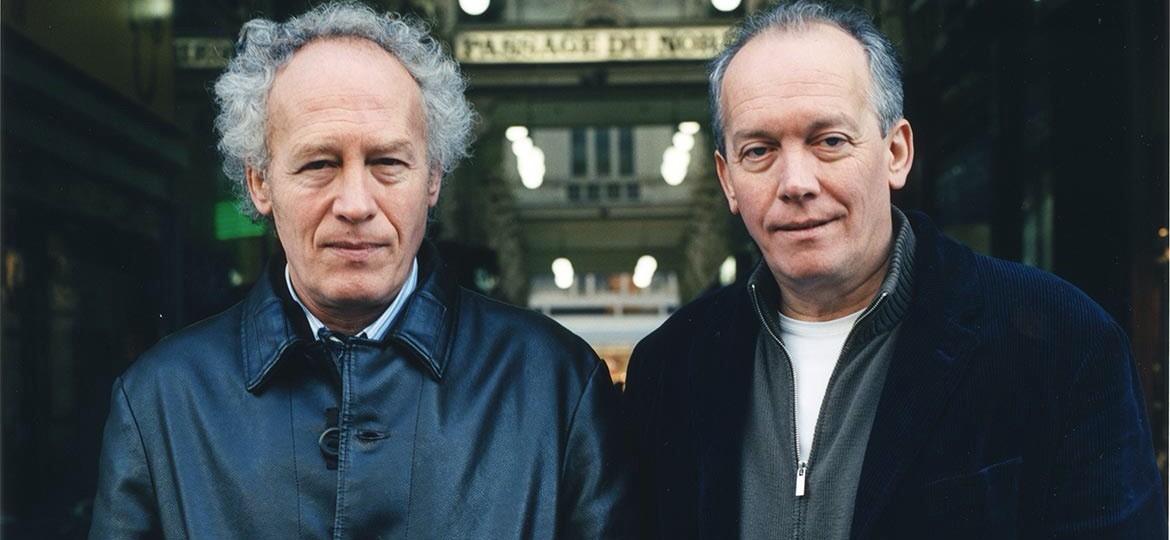Two masters: the Dardenne brothers
Only seven filmmakers have been awarded the coveted Palme d’Or at the Cannes Film Festival. Few have featured as prominently as Belgian brothers Jean-Pierre and Luc Dardenne. Each of their seven films to date could be justly described as a masterpiece and their name comes with a guarantee of quality. Yet they have regularly been accused of only making one type of film; something they do not necessarily refute themselves. So what is it about these elusive siblings that have established the Dardenne brand as a major force in cinema?
They have such faith in their characters and the stories they are telling.
A survey of their canon reveals a template from which they seldom depart. Unlike peers such as Michael Haneke, they rarely move from one genre to another. They use handheld cameras and add no music. Invariably their films have ninety minute running times and feature protagonists from poor socio-economic circumstances contending with difficult choices without easy resolution. They shoot with a keen documentarian eye: depicting but not commenting. They have a direct and singular vision: theirs are stories of people. They have such faith in their characters and the stories they are telling that there is no hint of moralising, exposition or manipulation.
This framework for storytelling and filmmaking was undoubtedly shaped by their early career in documentary films. These documentaries were lauded for being formally daring and politically engaged and their films are infused with a kind of documentary urgency. They always begin mid-scene, which has two effects. Firstly it implies that the film was happening before the camera set upon it and secondly has the additional appeal of making everything immediate. Consider the breathless opening shots of ‘Rosetta‘ when the titular teenage girl rushes through a hall, accompanied overwhelming by her heavy-breathing and hurried footsteps.
They have refined their craft over the last 20 years to the point of near-flawless perfection.
While it may be true that they only really do one type of film, it is much more accurate to say that they have refined their craft over the last 20 years to the point of near flawless-perfection. Their characters are so well-defined and so vital that each film differs unmistakably from the others. Take the young child wrestling with his father’s exploitation of migrant workers in ‘La Promesse‘. Think of the unsettlingly ambiguous father in ‘The Son‘ or the deadbeat in ‘L’Enfant‘. Most recently, we have the heartbreaking story of Sandra in ‘Two Days, 1 Night‘.
Each film is instantly recognisable as a ‘Dardenne’ but this familiarity does nothing to diminish their power, humanity and dignity. When films are this rich, this powerful and this humane, they don’t need to try and be anything else. For many, the name is synonymous with bleak realism. Poetic-realism or ‘responsible realism’ are terms used to try and define what they do. I don’t know about these labels but I do think that their films are stories for our times. They might be realistic and forever on the brink of bleakness but there is life in these frames. A vitality that gives them the power to thrill, to engage, to inspire and to move.
Key films: The Son; The Child; Two Days, One Night.
